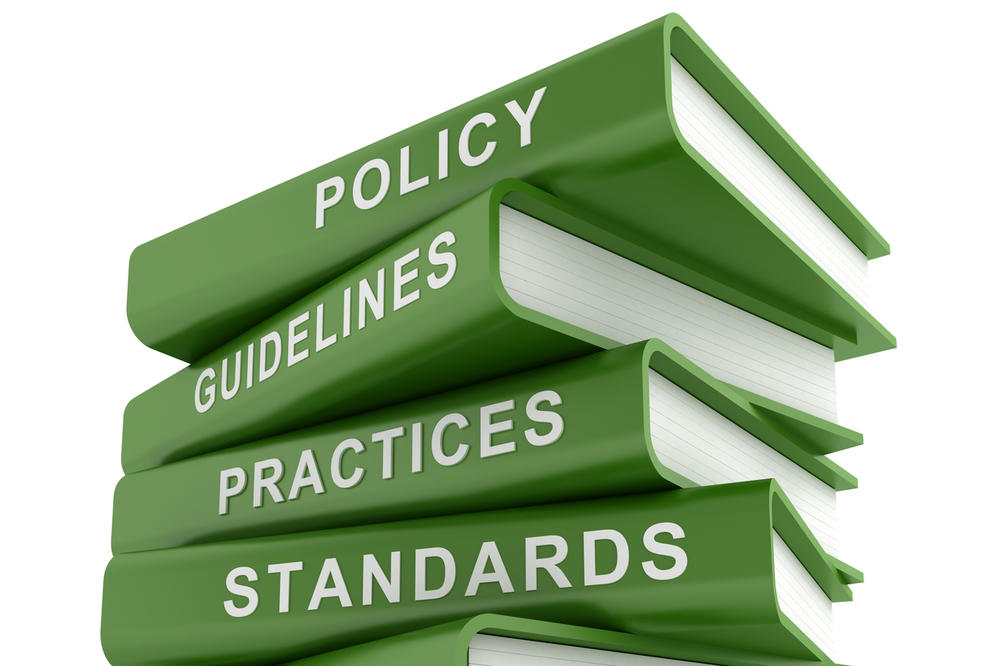Research Quality and Research Integrity
Ensuring and strengthening the research quality of its partner institutions is a central concern of the Berlin University Alliance. It creates the framework conditions for excellent research, promotes quality assurance mechanisms, and advocates for appropriate assessment procedures that focus on scientific quality.
- 1. Our understanding of research quality
- 2. Quality assurance in research
- 3. Good scientific practice (GWP) and scientific integrity
- 4. Guidelines, examples of good practice, training
1 Our Understanding of Research Quality
The understanding of research quality can vary and depends heavily on the respective disciplines and their academic cultures. In our understanding, high-quality research is characterised by compliance with (subject-specific) standards of good scientific practice. ‘Good research’ requires openness and transparency. Free access to research data and documentation, and the traceability of research methods and results are essential for robust and reproducible research. Compliance with ethical principles is an integral part of high-quality research.
2 Quality Assurance in Research
In order to ensure the credibility, reliability and transferability of research results, different quality assurance procedures are used depending on the field of application. The classic scientific procedure is peer review. Although it has been used since the 17th century, it is now the subject of intense criticism in current debates. The Berlin University Alliance acknowledges this criticism and contributes to strengthening peer review through research and networking, for example through the Berlin Editors Exchange Network (BEE-NET). Learn more about the network and how you can contribute your expertise here.
3 Good Scientific Practice (GWP) and Scientific Integrity
- Ombudspersons at the Berlin University Alliance
- Statutes for Good Research Practice at the BUA partners
The Berlin University Alliance is committed to upholding good research practice and supports measures to promote research integrity. It aims to contribute to the promotion of an inclusive, open and appreciative research culture that offers researchers at all career levels optimal conditions.
To this end, the BUA organizes trainings and further education events (training courses, lecture series, summer schools), promotes relevant research projects and networking activities (colloquium, events, fellowships), and supports the activities of the ombudspersons at the BUA institutions.
4 Guidelines, Good Practice Examples, Trainings
Under the links you will find a selection of guidelines, good practices and standards as well as references to networks and initiatives, training coursess and materials. The listings are only an excerpt from the numerous recommendations in this area and focus largely on interdisciplinary approaches. If you are missing key recommendations from your own field, please feel invited to contact us. We look forward to your comments!
Contact
Nele Hofmann
Scientific Coordinator Research Quality
Objective 3 - Advancing Research Quality and Value

